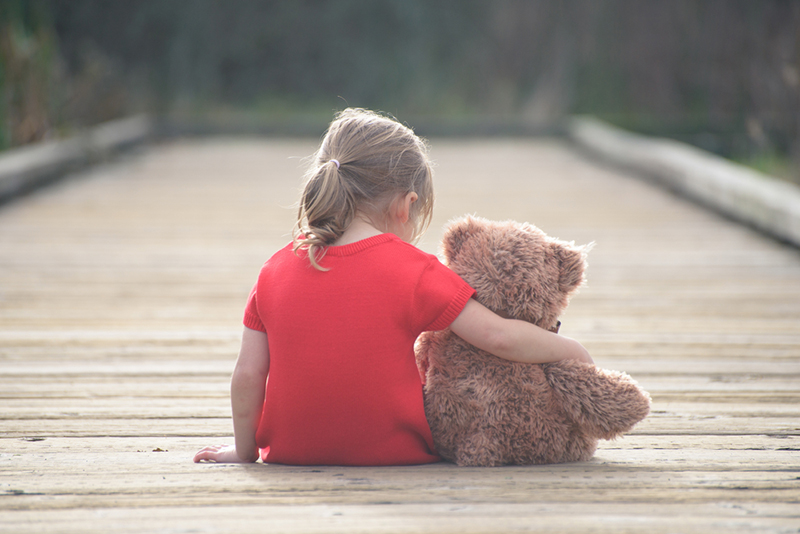The tragedies that happened at Dreamworld and Moorooka in Queensland in October will stay with people for a long time.
It’s important at times like this to check in with loved ones and friends to make sure they’re OK. As we’ve seen from the outpouring of support to the victim’s families, horrific events can affect people even if they’re not directly involved.
Economist Jason Murphy wrote an article explaining why incidents, like the one at Dreamworld, hit Australia so hard.
“Some tragedies are local. This one is national. It feels like the whole nation is in shock and in mourning for what happened,” he wrote.
Helping children understand what’s happened
According to Kids Helpline, children “absorb tension and fear”.
“While it’s normal to feel anxiety and sadness for the victims and their families, for some children, ongoing media coverage can lead to more significant feelings of anxiety, worry and sadness,” manager Tony Fitzgerald said in a statement.
“The 24-hour news cycle means it is almost impossible to shield young people from coverage on television, in newspapers, on the internet and in social media.”
He explained it’s normal for young people to react in different ways and to different extents.
“Children may appear sad or scared, have trouble sleeping, or they may say that they have no feelings or are numb about an event,” Mr Fitzgerald said
Kids Helpline has this advice for parents:
- Be there. Let them know that it’s OK and normal to be concerned and worried
- Talk. Discuss what happened and help them process what’s occurred
- Try to limit their exposure to media stories around the tragedy. Having them view or hear over and over what has occurred can re-traumatise them and build anxiety. It’s OK to simply turn off the news for a while and use it as an opportunity to talk
- Find something positive to do. This might simply be writing out a card, contributing to a fundraising campaign, or encouraging their school to do something
- Stick to your normal routine. Kids find comfort and safety in routine and consistency. Make sure they continue to socialise with their friends
- Affection. Let them know they are loved and that they are safe.
Guides for coping with bad news
There are some handy guides available with information to help us cope with horrific news stories including:
- How to cope with traumatic news – an illustrated guide: ABC News
Here are some we’ve found that are specifically aimed at young children:
- Helping children deal with frightening events and media coverage: Australian Psychological Society
- How to help children cope with shocking news coverage: ABC News
There are also hotlines which provide crisis support including:
- Lifeline: 13 11 14
- Kids Helpline: 1800 551 800
- Beyond Blue: 1300 224 636
And, if there’s an emergency situation always call triple-0.





